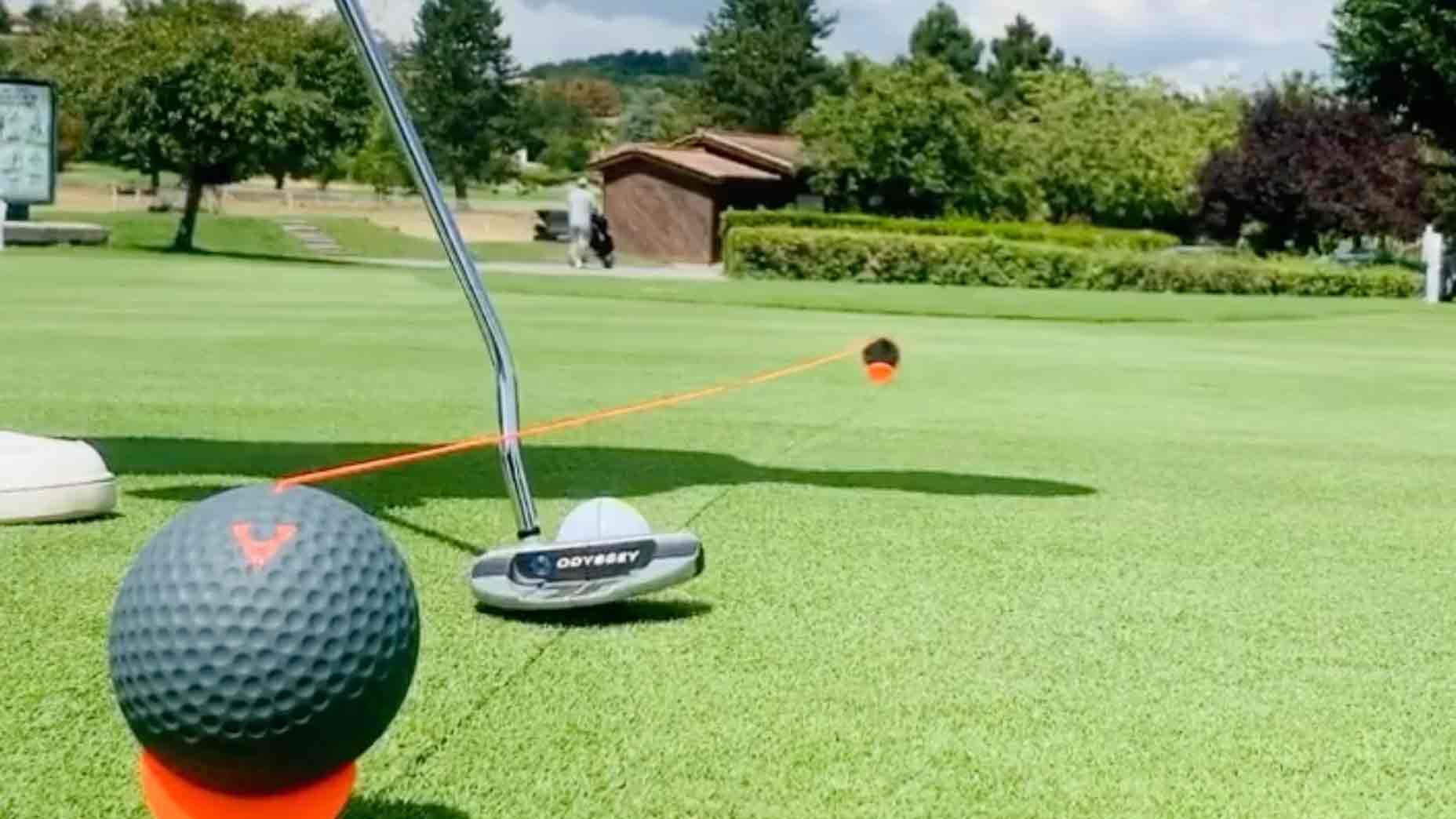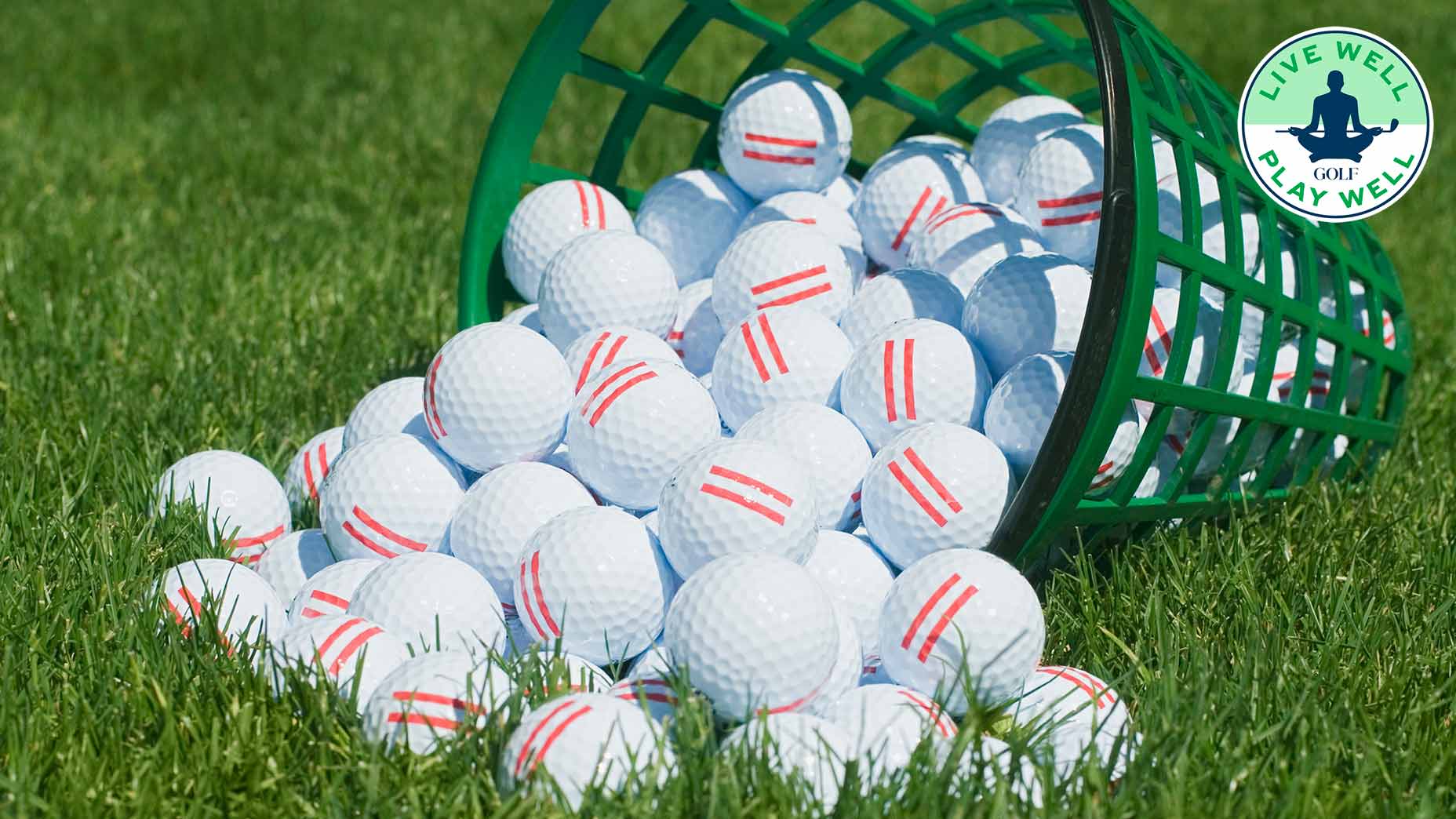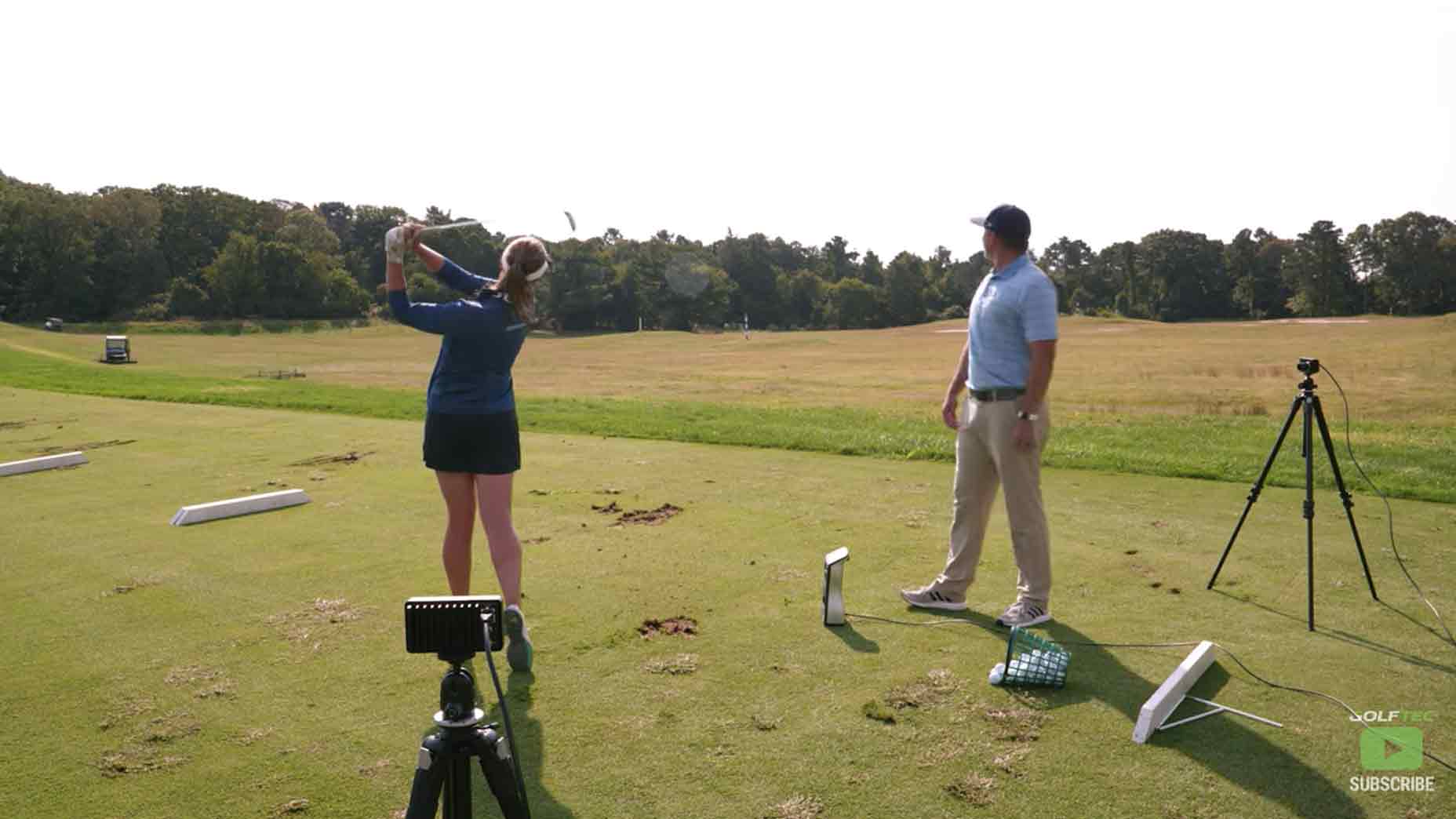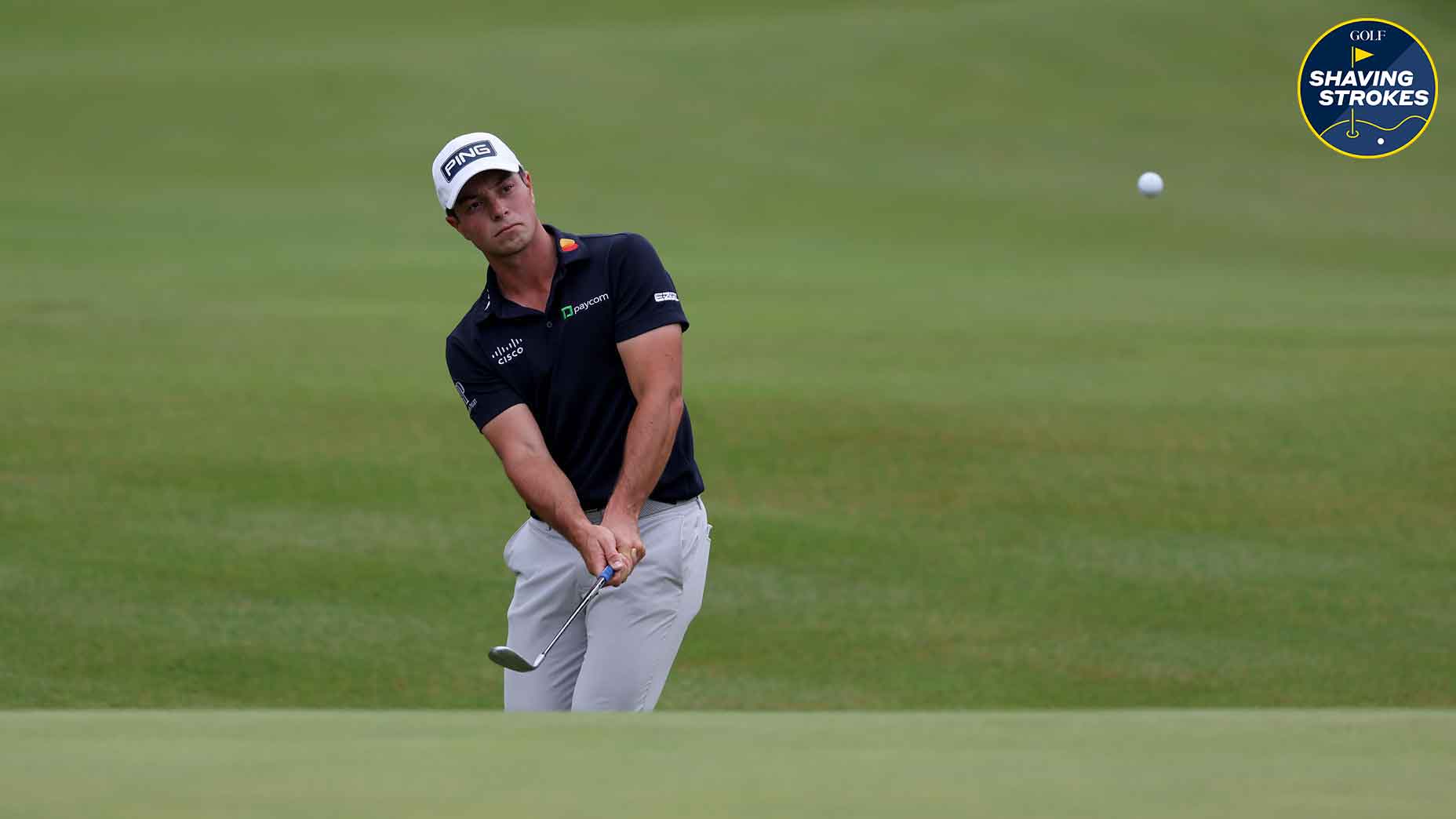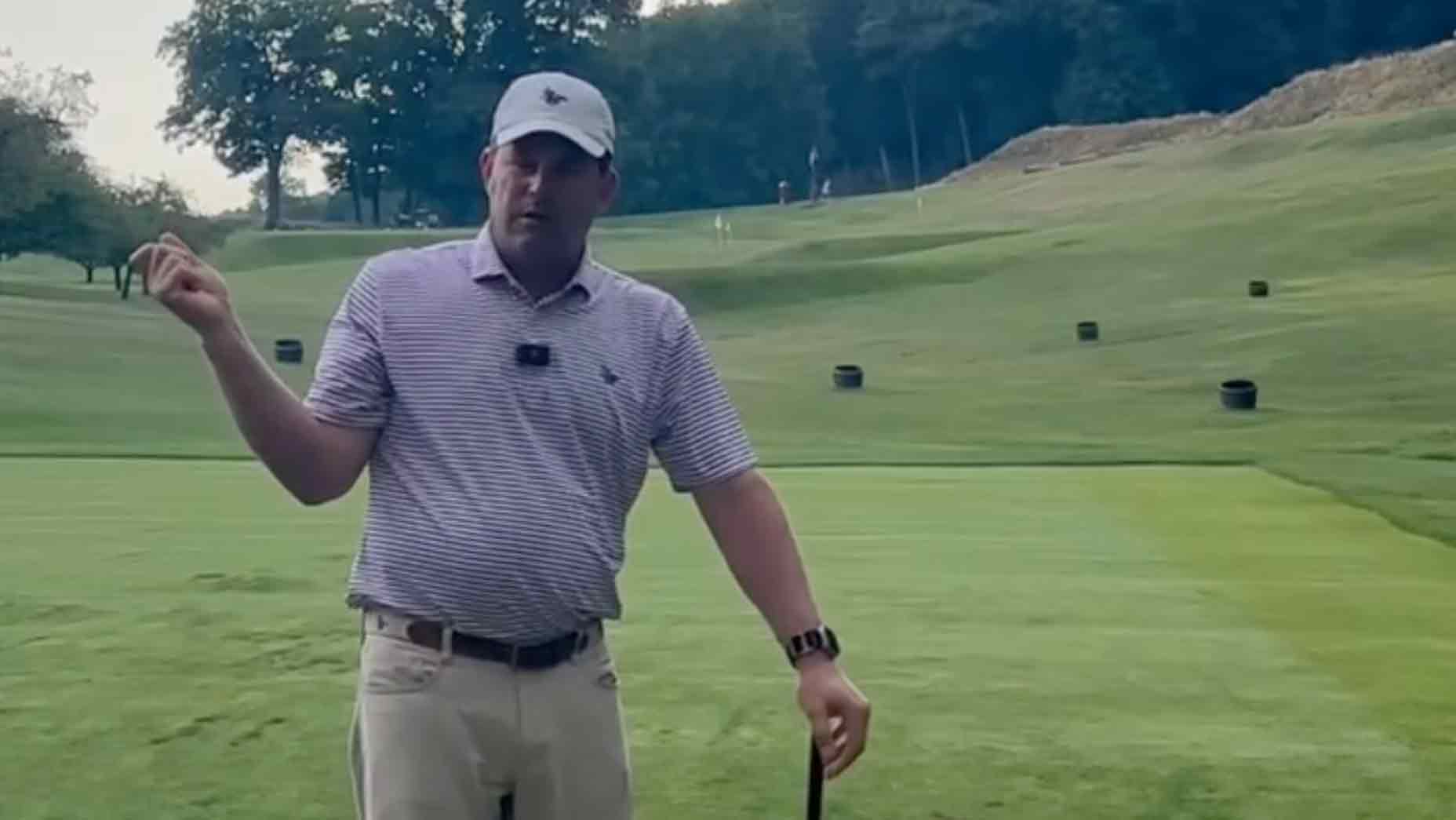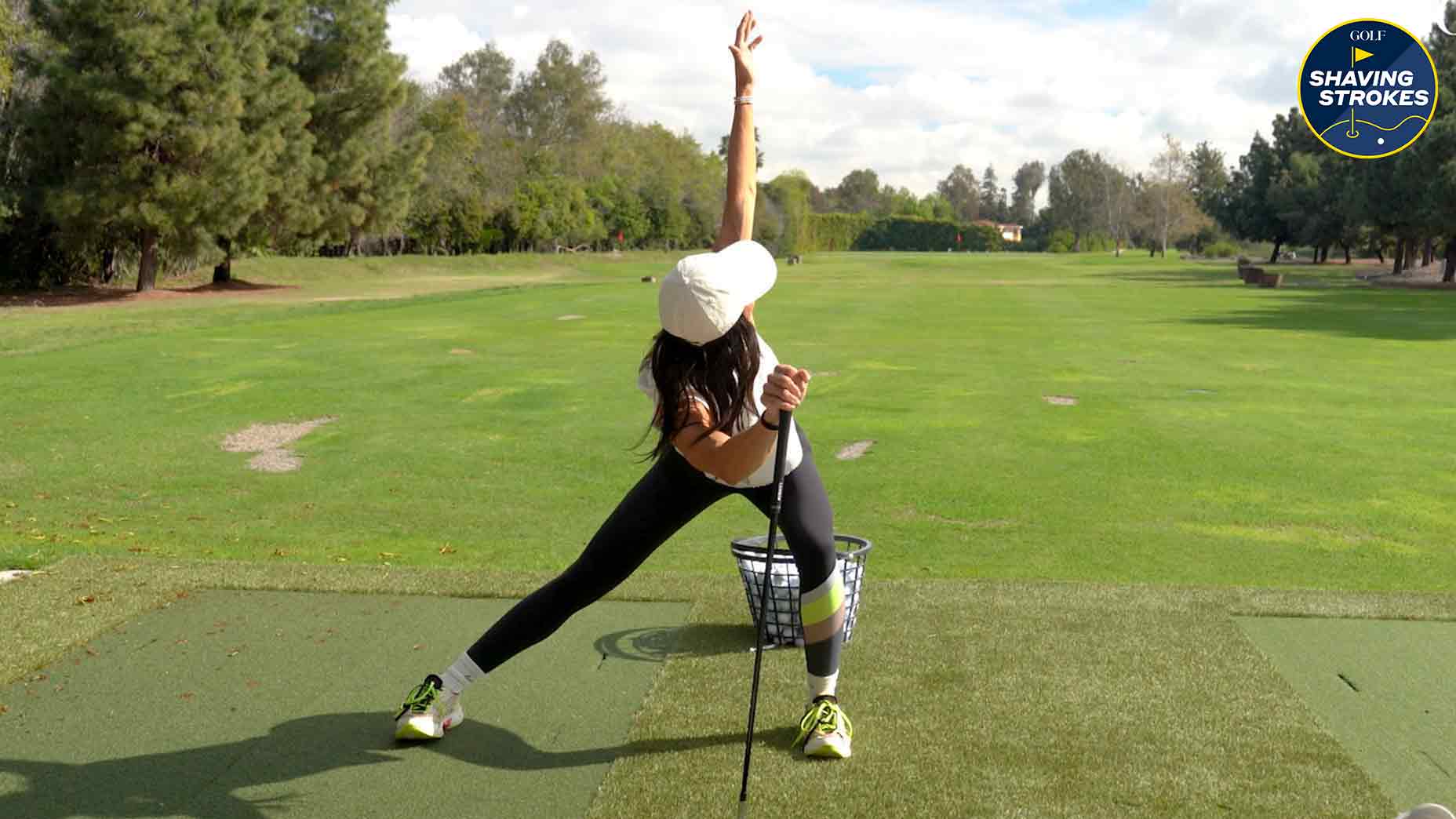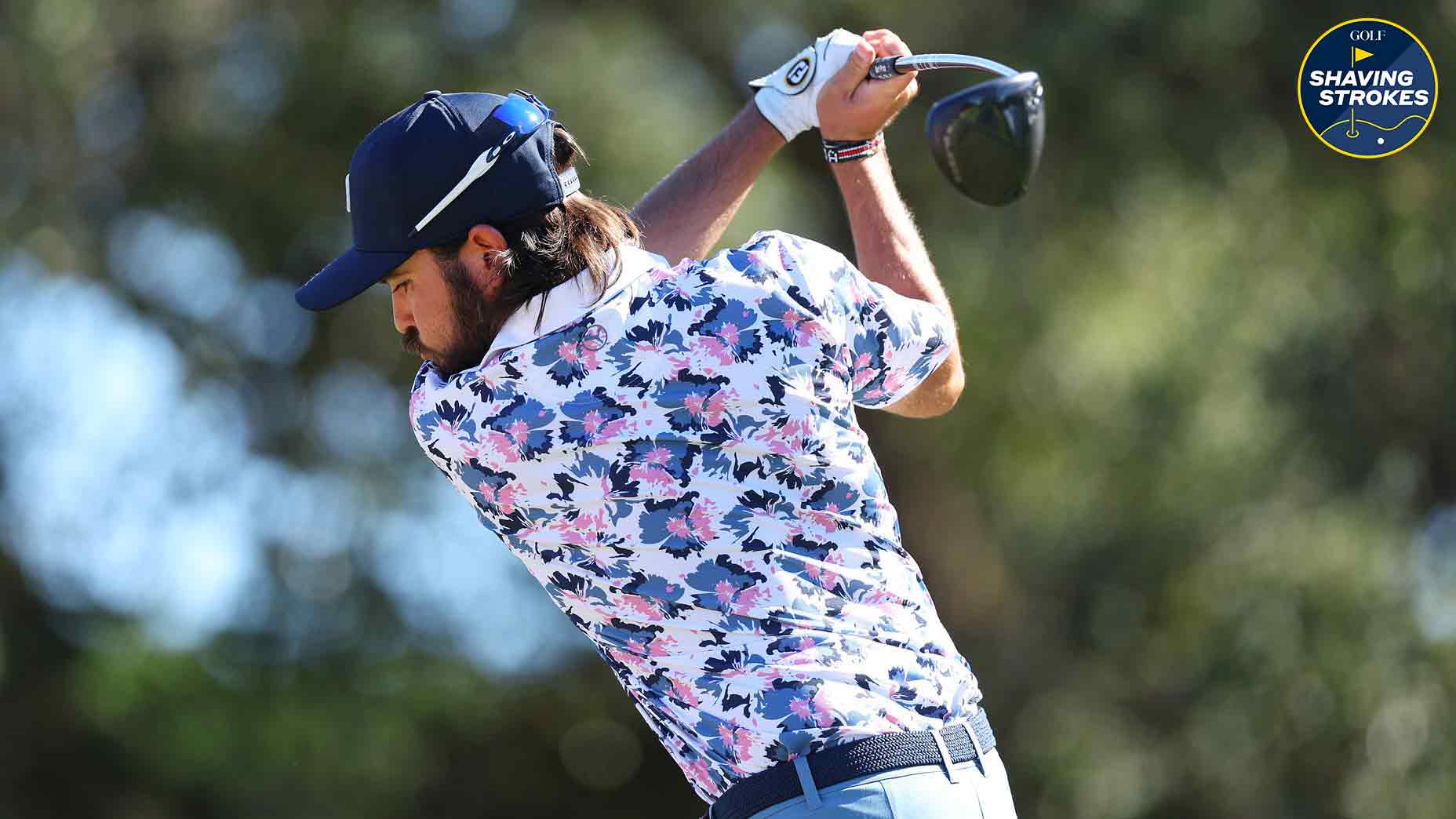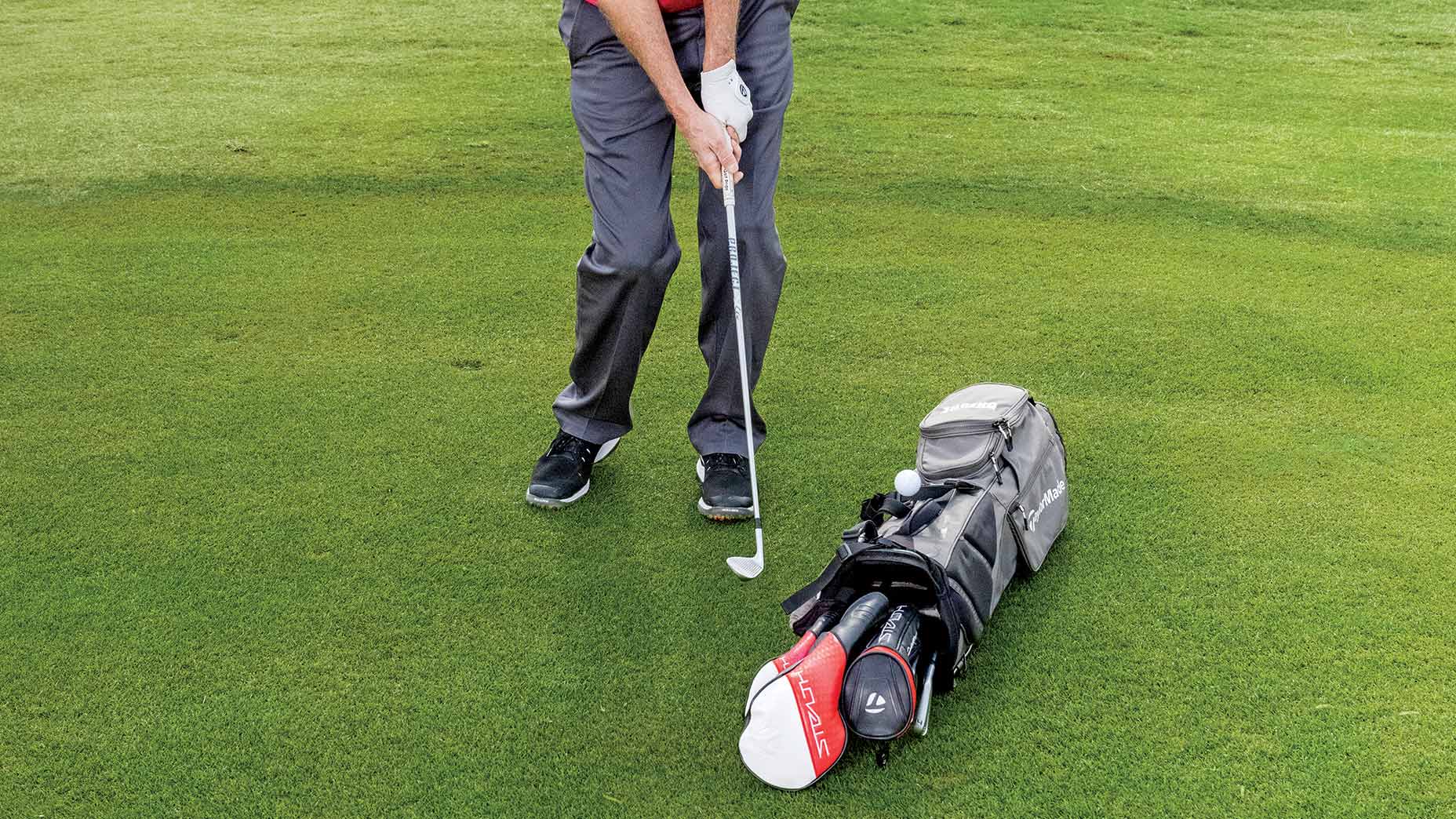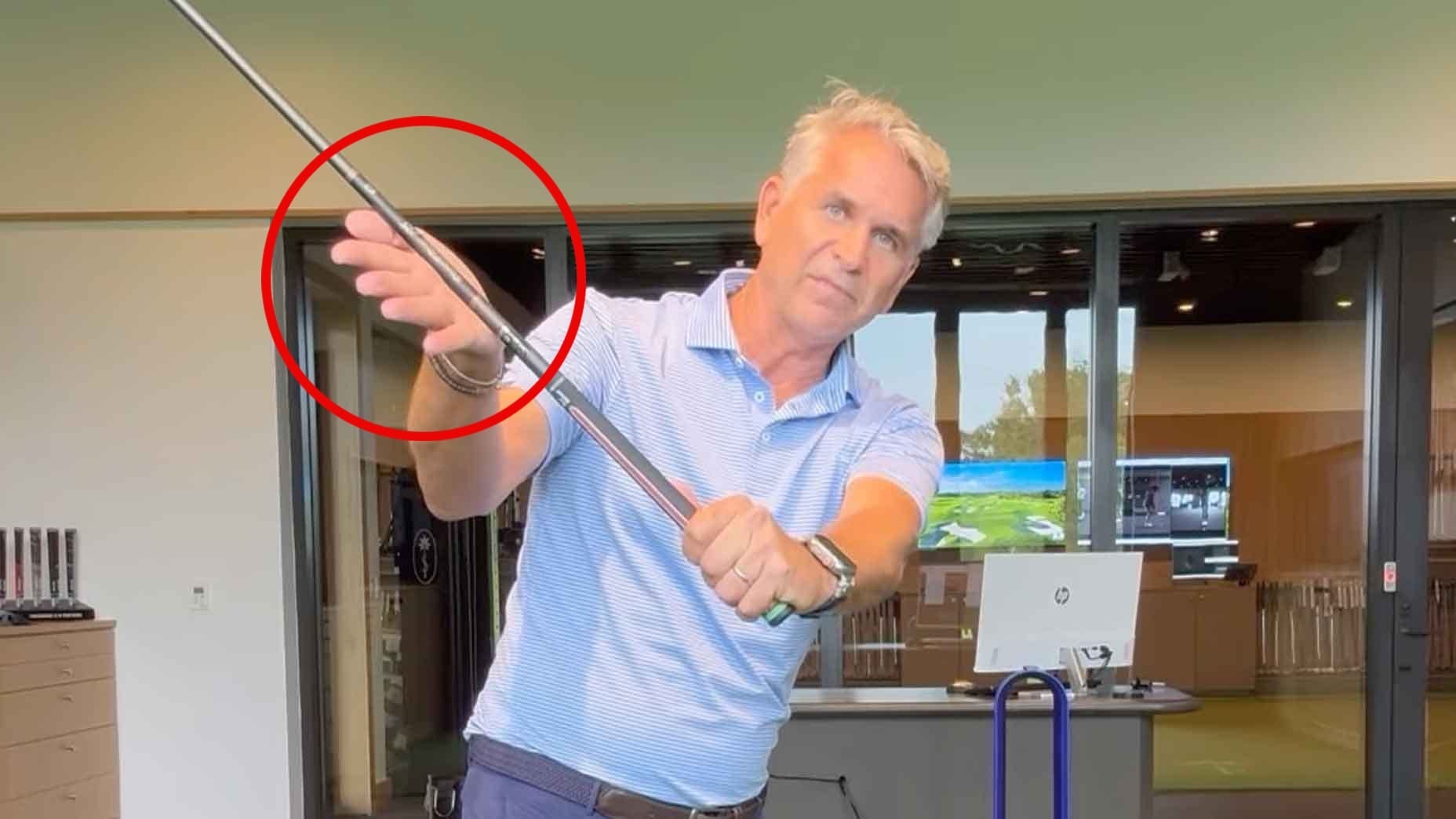12 recurring mistakes holding back your golf game, per a Top 100 Teacher
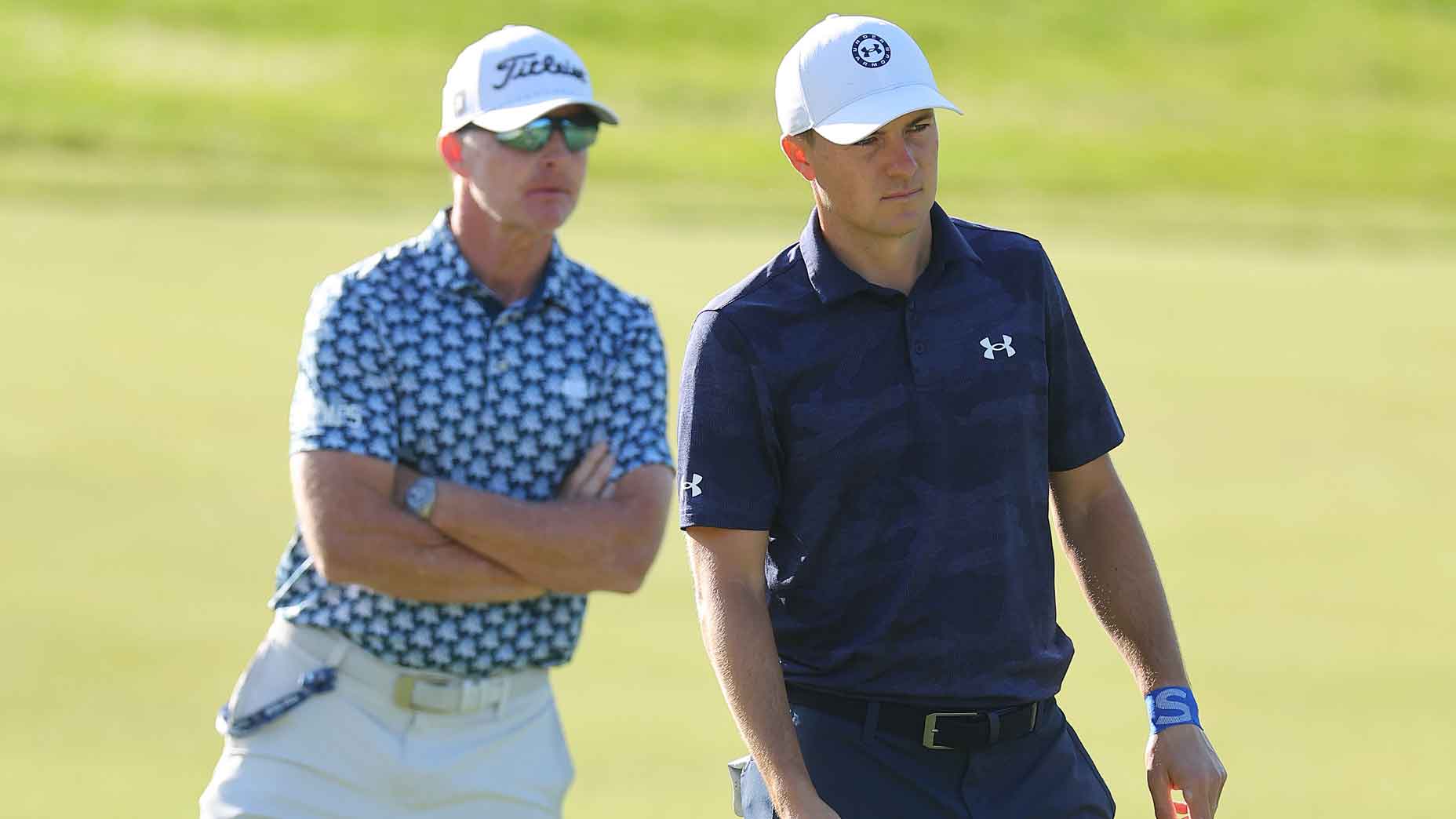
Jordan Spieth's coach gives the cold hard truth on what's holding back your golf game.
Getty Images
After giving more than 30,000 golf lessons in the past two decades, Cameron McCormick is sharing some of his secrets.
While he’s best-known for being the swing coach of pro players like Jordan Spieth, So Yeon Ryu and Beau Hossler, among others, McCormick has coached players of all different abilities. From Tour champions to weekend warriors, the GOLF Top 100 Teacher has seen it all — and he’s always trying to help players improve their games.
Recently taking to social media, McCormick provided the cold hard truth about the recurring mistakes he sees in many golfers. Not only are these common among players he teaches, but he also identified 12 of them as the ones most responsible for keeping a player from seeing the progress they seek.
Take a look below at what the renowned golf teacher has to say — and make a note for which issues are holding you back from shooting lower scores!
The biggest (recurring) mistakes that Cameron McCormick sees
Impatience to practice small swings
Most amateurs just want to pull out driver and try to hit it as far as they can, but is this really getting you closer to your handicap goals? Probably not.
Instead, McCormick suggests players practice small swings — like chip shots around the green or swings from 50-125 yards out — which require a different approach than driving the ball off the tee.
Intolerance to errors
If you’re trying to be a perfectionist in the game of golf, you probably won’t last very long. That’s because every player has errors (yes, even pro players), but it’s how you can learn from those errors that will make a difference in your scores. McCormick reminds players to let go of the idea that mistakes are always a bad thing.
Reluctance to use training aids
On a more personal note, this one hits home. I’ve played golf for 26 years and haven’t really utilized training aids until more recently. Some of them have helped, some have been OK, and others have changed the way I think about a certain aspect of my game. Training aids may not instantly drop your scores, but they all have some benefit to make you a better player.
Taking advice from friends over a golf coach
Sure, we all want to help one another out while playing a round, but it shouldn’t come at the mercy of tuning out your golf coach. If you’ve invested in a teacher to help you get better, it’s best to listen to their golf tips.
Refusal to use video or hear swing feedback
I’m not going to lie, it was hard receiving feedback after filming my swing for the first time. Very rarely does a golf teacher look at the video and tell you that you’re doing everything right, so learning to accept that can be a tough pill to swallow. At the end of the day, though, they’re there to help, so be open to hearing constructive criticism — as I found out, it will allow you to adapt to new swing adjustments for improved play.
One and done lessons
Related to the mistake about taking advice from a friend over a golf coach, McCormick says that if you’ve committed to golf lessons, stick with them! Nobody is instantly going to shave strokes after just one hour with a teacher, so trust the process after each lesson.
Can’t identify their strengths or weaknesses
If you play regularly and don’t yet know your strengths and weaknesses, how are you going to get better?
For instance, you might consistently drive the ball 240 yards off the tee, regularly hitting fairways; which is great. But if you’re still playing bogey golf and are hovering around shooting 90 each round, be honest with yourself about practicing your short game. It’s clear that that’s holding you back — and failing to admit or address that issue won’t make you a better all-around player.
Failure to practice after a lesson
I recently received my first-ever golf lesson, and while it probably isn’t recommended, I instantly packed in as much golf as possible later that day and the days that followed to try and implement all the new tips.
Now you don’t need to go to that extreme all the time, but when your coach has you focus on something specific for an hour during a lesson, be sure to practice it when it’s fresh in your mind.
Wrong practice routines
There are plenty of golf teachers who preach using a focused practice technique over just smacking balls at the range. If you aren’t manipulating shot scenarios from the driving range or practice green, how are you mentally preparing yourself for those situations on the golf course?
Overgeneralizing errors
Do you know why you bladed a chip? How about the reason why you topped your drive? Or why did you leave that putt short? Each one of those shots is unique, so McCormick reminds players of that, saying it’s important to avoid grouping each error into one giant bowl of mistakes. Focus on the details of each error, rather than the poor result itself.
Being a range rat
The driving range has plenty of benefits, but going over and over and over again isn’t going to necessarily lead to lower golf scores. At some point, you need to apply that feel from the range to the course.
Don’t get stuck hitting 100 balls in an hour and thinking you’ve made progress because you swung the club. Instead, make a plan of things you need to work on — even if it means only using wedges from the range to improve your short game.
Trying to hit a draw when a fade comes easily
Having the ability to shape your golf shots is not a skill that every amateur has at their disposal; and that’s OK. Rather than try to control each shot, trust yourself and hit the shot you’re most comfortable with. Not only will this build your confidence, but it typically leads to better results.

